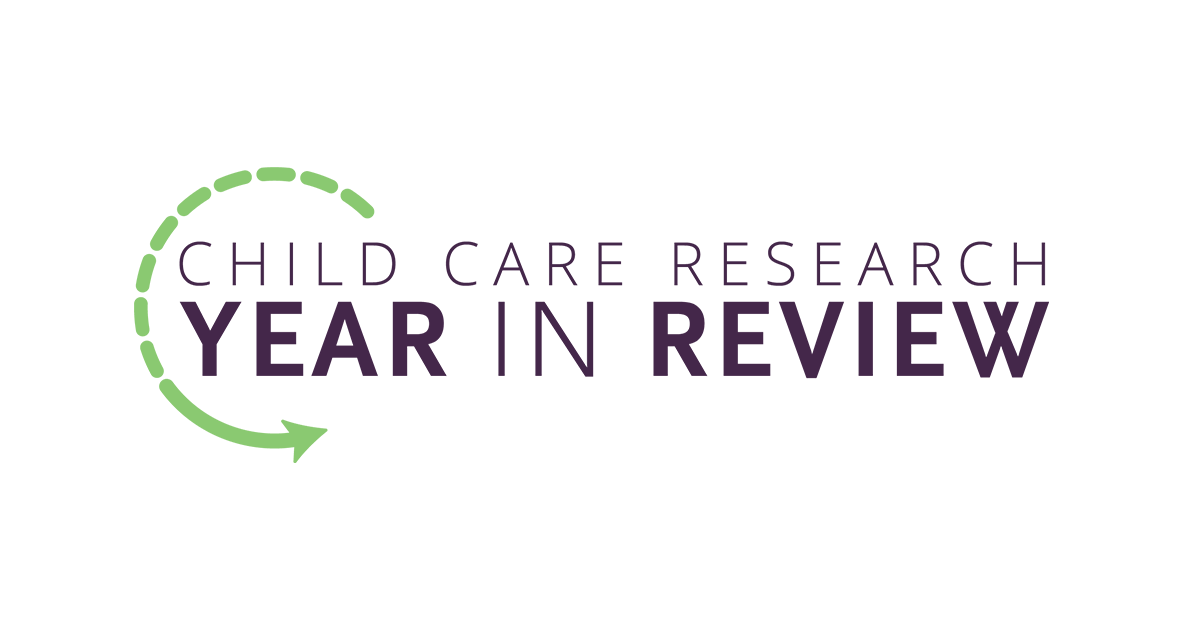
Understanding Food Allergy Education Needs in Early Childhood Schools
Fierstein, J.L., Chadha, A.S., Valaika, S.S., and Gupta, R.S. Annals of Allergy, Asthma & Immunology (November 2019).
Background: Food allergies affect 5.6 million children in the United States, including about 8% of pre-Kindergarten children. Children in early care and education programs are at a particularly high risk for allergic reactions due to cross-contamination of foods, label-reading errors, and accidental ingestion. Early childhood educators need to be trained in how to manage food allergy risks and respond to allergic reactions, but much of the training they receive is modified from trainings for school-age teachers. This study looks at how often early childhood educators manage food allergies and what they need from food allergy trainings.
Methods: Researchers invited over 8,700 early childhood (birth to 6) educators in Illinois to complete an online survey. A total of 479 early educators responded to the survey. The survey asked whether the educator works directly with food-allergic children, their experience responding to allergic reactions and how confident they feel preventing allergen exposure and responding to severe reactions.
Results: More than 75% of respondents said they worked directly with food-allergic children and one-quarter had witnessed a young child’s allergic reaction while in child care. Of those who had witnessed an allergic reaction, 12.8% had administered epinephrine (e.g., an Epi Pen) to a child. About one-third of respondents said they felt unprepared to administer epinephrine even if they were trained to do so. Just 49% of respondents felt comfortable identifying allergy-friendly food labels and 62% felt unfamiliar or confused by children’s allergy emergency action plans.
Conclusions: Early childhood educators often work with young children who have food allergies. Even those who have received some training do not necessarily feel comfortable managing a severe allergic reaction or following practices that prevent food-allergic children from being exposed to allergens. Early childhood educators need more training specific to the birth-to-6 age group and the child care setting.
Practice Implications
Childhood food allergies are so common that all child care providers should be prepared to care for food-allergic children in their programs. Attending annual food allergy training is a good first step, but this study shows that some additional training and coaching might be necessary to help providers feel more comfortable managing food allergies.
Food allergy management is a great topic to discuss with a child care health consultant (CCHC). Providers should invite CCHCs to staff meetings a few times each year to answer questions, as well as whenever a child with severe food allergies enrolls in the center or family child care home. Providers should also post information about food allergies and the signs of an allergic reaction in all classrooms as visual reminders for all staff.
Finally, it is important to communicate with all families about program policies and strategies for keeping food-allergic children safe in child care. Families whose children do not have food allergies may not understand why sending allergen-free food is a critical step in keeping other children safe. Providers should offer clear and consistent communication about what foods are and are not allowed, and offer families suggestions for allergen-free foods that children can bring.
Policy Implications
Every child care program should have policies in place to address foods that are and are not served or allowed, as well as other practices that the program will follow to prevent allergen exposure and respond to severe allergic reactions. The policy should not only address food that children will eat, but also allergens that could be found in art supplies, play dough and other sensory play materials.
In most states, child care providers who receive subsidy payments through the Child Care and Development Fund are required to attend ongoing training that addresses prevention of and response to allergic reaction emergencies. States should make additional, higher-level trainings and technical assistance on this topic available and accessible to all providers, perhaps through additional funding for child care health consultation. Food allergy risk management is an opportunity for state child care systems to collaborate with the state Child and Adult Care Food Program or SNAP-Ed organizations to educate child care providers, food service workers and families about food allergies and discuss alternate menu options to keep food-allergic children safe.







